By the time Sean Pica walked out of Sing Sing Correctional Facility a free man in 2002, he had spent more than half of his life in prison. When he was 16, Pica was convicted of murder, given a lengthy sentence and lived behind bars until he was 33. Pica left Sing Sing with only one possession, a college diploma, but he said it was the only thing he needed.
Through the prison education program called Hudson Link, Pica was able to use his time in prison to get ahead intellectually and give himself an edge for when he was released. While his peers were in the courtyard, Pica was in the classroom.
Pica spoke about his experience on Wednesday in the Union at an event organized by the Honors College. He told students that educating inmates is an investment that pays off.
“I had no idea that college was really going to help me,” said Pica, who is now the executive director of Hudson Link. “I was just doing it for whatever reason. And then finding out how helpful it was, just as a thinking tool, the contacts you make in college, the friends I’ve created … I had no idea what I was getting until I finished.”
Over 17 years, the Hudson Link project has helped hundreds of students receive college diplomas. There are currently 515 students enrolled in the program. When inmates who complete the program are released, Pica said they are able to find work and avoid falling back into the prison system.
Pica said that of the hundreds of prisoners that have graduated from the program and been released, less than one percent have returned to prison. On average, 76 percent of released prisoners in the United States return within five years, comparatively.
“There’s no magic here,” Pica said, speaking of the program’s success. “There’s no wondering how it works. You bring college to an uneducated population — and that’s it.”
The Hudson Link program, and others like it, inspired University of Utah honors students to pursue a similar project. A group of students in an honors praxis lab worked this semester to start the University of Utah Prison Education Project.
Erin Castro, a professor involved in the project, said UPEP was started to “develop a culture of academic inquiry inside [Utah] prison[s]” and help incarcerated Utahns receive credit through the U. “What’s really important is to enroll incarcerated students as University of Utah students,” Castro said. “That is the goal.”
Another goal, Castro said, has been to raise awareness about the lack of educational opportunities prisoners have. Even when education programs are offered, they don’t provide incarcerated students access to resources other students have.
“Incarcerated students don’t have [outside resources], at all,” Castro said.
More than merely provide classes, the program is intended to offer prisoners opportunities that allow them to work towards a specified curriculum, said Douglas Wood, a member and organizer of UPEP. “The big model that we want is to offer credit and degree bearing classes.”
Castro said the U should look to other programs, like the Hudson Link, as examples of what education can do for incarcerated populations.
“We’re really trying to say that the University of Utah, as the public flagship institution here, has a responsibility, and a wonderful opportunity, to do this work,” Castro said. “And look, we don’t even have to reinvent the wheel. We have models throughout the entire country that tell us how to do this.”
While many may be hostile or indifferent towards the idea of educating inmates, Pica said it is a community investment that is worth it. “You’re not just bringing college into a prison; you’re changing the culture of a prison.”









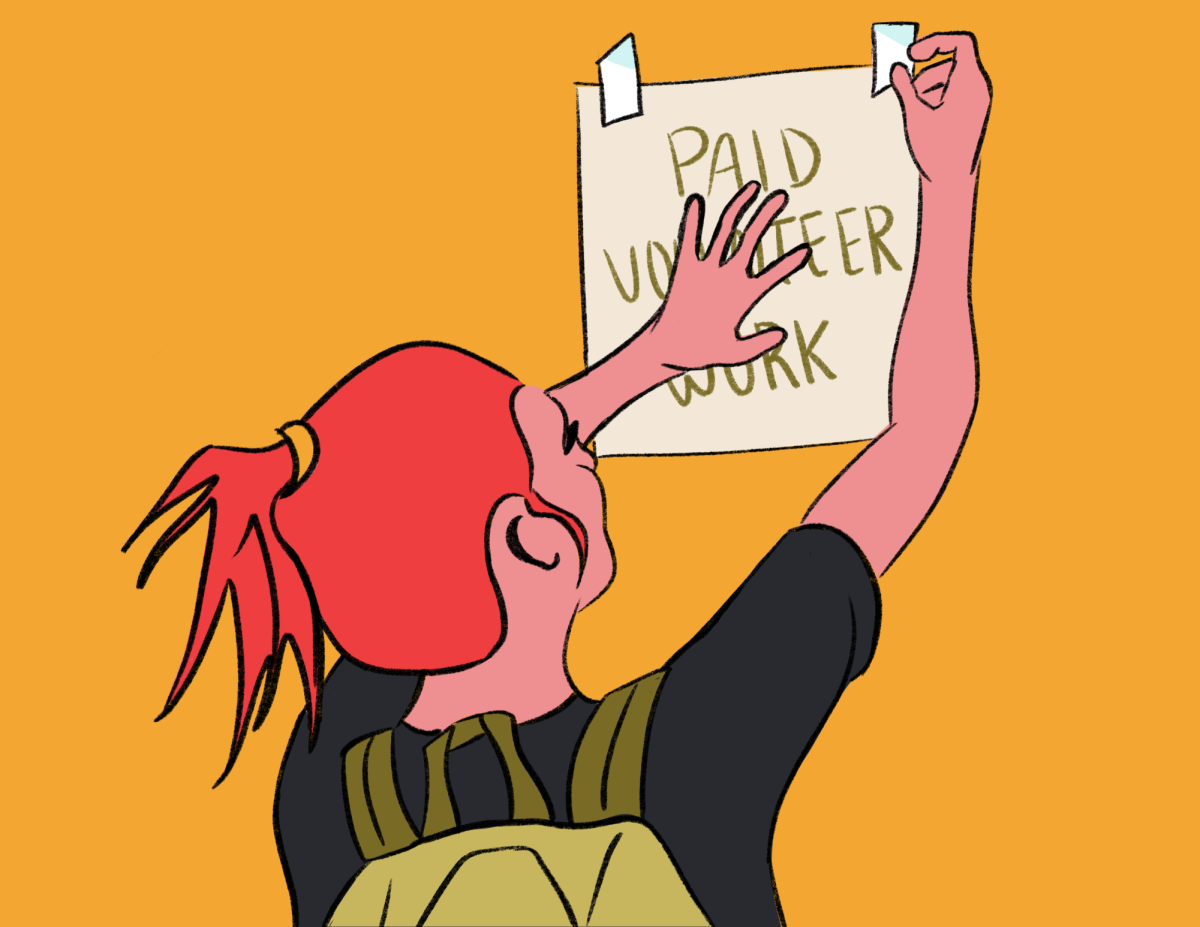


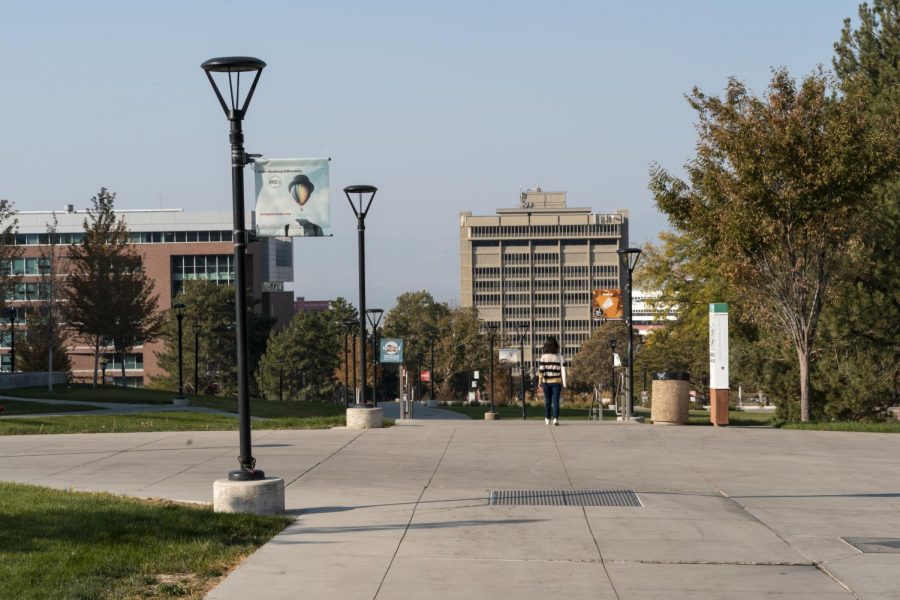
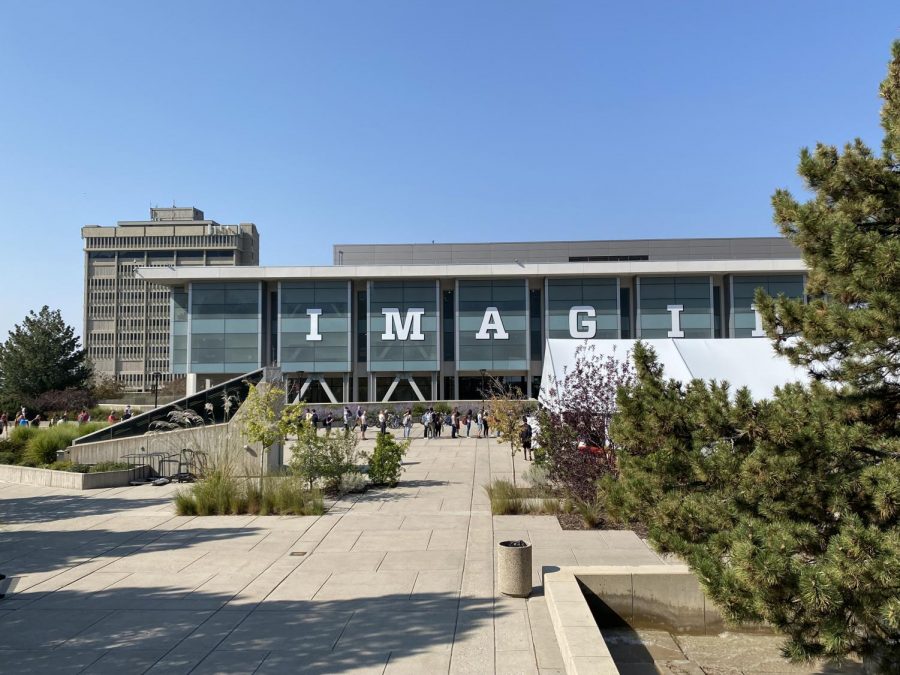
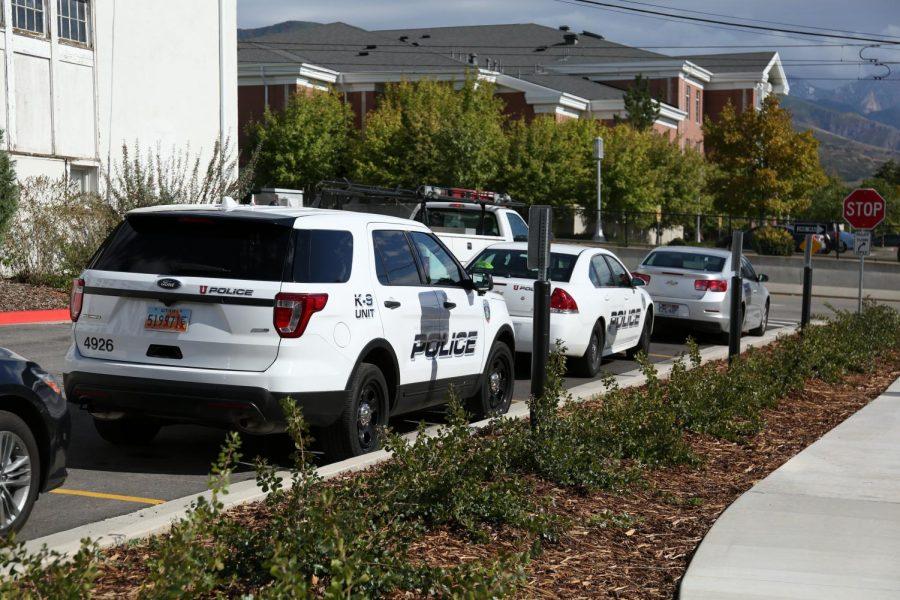


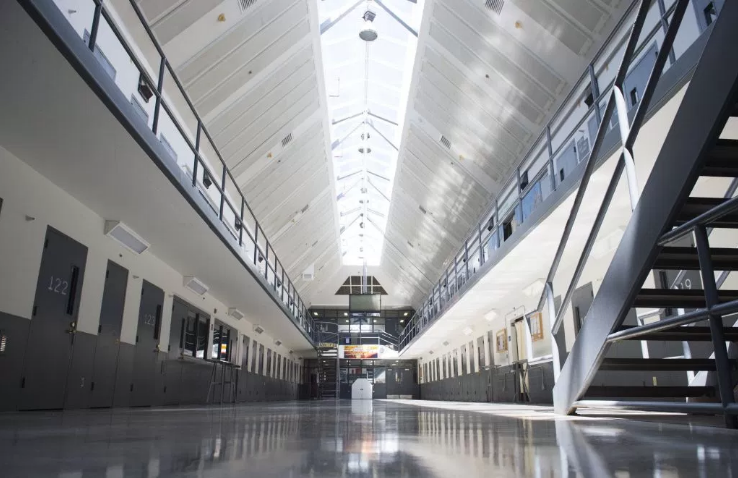
Raymond Beck • Apr 7, 2017 at 1:43 pm
Recent Grad of Nyack college through Hudson link. Despite being in my 50’s, going to college inside was the best thing I could have done for myself. Do not be afraid. Go for it.
Warren Paul • Apr 7, 2017 at 9:06 am
Great article Connor,
Years ago, I did volunteer counseling out at the Utah State Prison for 7 years. I believe your program is one of the best programs that can happen in prison. It not only keeps inmates busy while in prison, but it gives them an edge even back into society in being able to apply for competitive jobs out there when they get out. Thanks again.